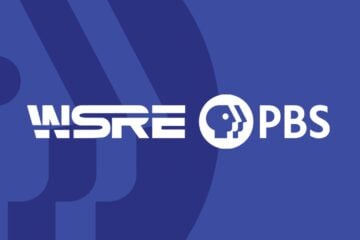University Licensee Association, Charter of Association, amended May 2005
Mission
The mission of the University Licensee Association (ULA) is to assist public broadcasting stations licensed to colleges and universities in efforts to fulfill individual missions and goals through the sharing of ideas within the association and to speak for the special needs and interests of the licensees during times of national planning and decision-making.
Membership
Membership is open to those public broadcasting entities licensed to colleges and universities. Voting is restricted to dues paying members.
Association Member Services
- Assist national organizations with planning and policy through designated representation
- Conduct periodic conference calls to discuss immediate issues
- Assist in promoting communication among association members via listserve
- Encourage an active, informed membership
- Convene ULA group meetings around appropriate national conferences and meetings to discuss issues of current importance to the membership
- Focus attention on the unique role of ULA member stations’ role in higher education, research and development of new technologies and public service
Directors
General managers of member licensees may serve as directors. There are eleven ULA directors elected by the membership as members of the Executive Board. Each member station has one vote. Elected Executive Board members will elect from the Executive Board a Chair and a Secretary/Treasurer for the Association to serve one term. They may be re-elected for one additional term.
Responsibility of Directors
It is the responsibility of the Executive Board members to develop agendas for conference calls and other meetings, to survey the membership and bring issues to such agendas and to actively promote the Association as the voice of university licensees.
The Charter may be amended by a majority vote of the members.
Terms of Office and Elections
The term of office for all Executive Board members will be two years. Elections will be held in May of each year beginning 2006. After the initial appointment of 11 Executive Board members 5 will be elected in odd numbered years and six will be elected in even numbered years. Members may be re-elected for two terms. If a position opens on the Executive Board there will be an election to fill the remainder of the vacant term. The elected member will fill out the vacant term and may serve for two additional terms.
Dues and Fiduciary Arrangements for ULA
Amount: $100 annually
University Licensee Association Core Principles
In addition to the established mission of all public television stations, the University Licensee Association would put emphasis on the following Core Principles:
Make the unique resources of higher education available to the public television system through programs, research and technology.
Strengthen the unique role our stations play in our licensee institutions in providing outreach and lifelong learning programs and community engaged services.
Work to ensure that the missions of universities and colleges — including research, public service, and instruction — are represented in the visions of our national organizations, and that our stations’ special financial and administrative circumstances, as units of larger educational institutions, are understood and addressed by those national organizations.
Serve as a clearing house of ideas and information that encourages collaboration between stations and the pursuit of shared opportunities that best sustain, extend and grow local programming and services.
Support initiatives that enhance university licensees’ capacity to connect our schools’ educational resources with our community partners and to engage with them to explore significant and complex issues with intelligence and integrity.
Serve as a technology platform for the development of and access to applications and services addressing the teaching, research and public service missions of our licensees.





